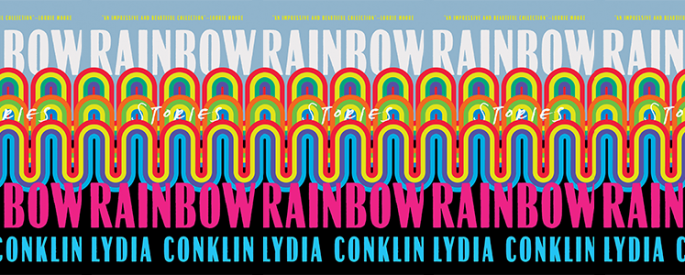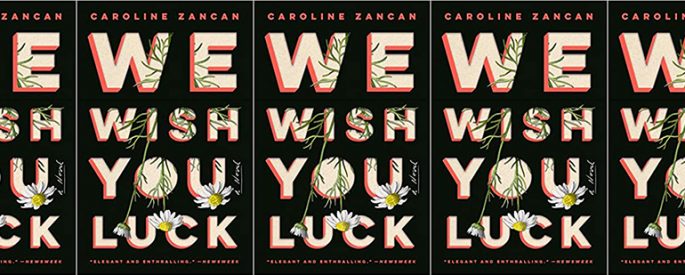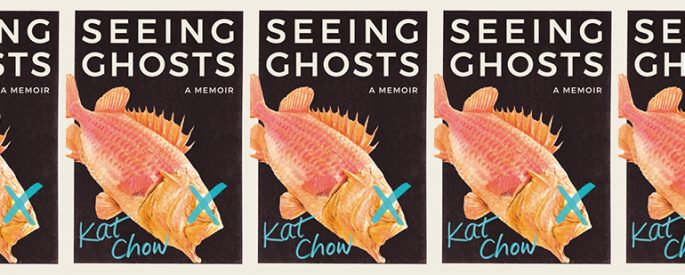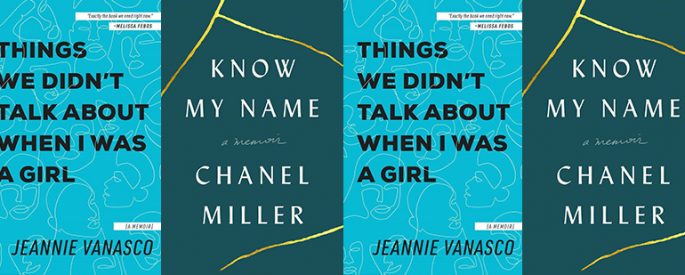Author Archive
Betrayal in Rainbow Rainbow

In their debut short story collection, Lydia Conklin examines what it’s like to inhabit a body and/or sexuality that is inherently uncomfortable—not because of one’s certainty about their identity but because of how others reject or suppress it.
Language and Trauma in On Earth We’re Briefly Gorgeous

Little Dog, the narrator of Ocean Vuong’s debut novel, learns to be strategic in his use of language as a means of self-preservation.
A Woman’s Conviction in A Midsummer Night’s Dream and 500 Days of Summer

Summer, Helena, and Hermia hold fast to their own definitions of love, even in the face of men who refuse and ignore them.
Women in Myths

In such ancient stories as The Odyssey, women, who are often archetypes and who typically exist in the margins, are enlivened when their stories are told by contemporary writers, freeing them from their limited roles
We Wish You Luck’s Writerly Campus Novel

There is something thrilling about a campus novel, the way its borders close around a defined perimeter and an alluring clique. Caroline Zancan’s entry to the genre, set at a premier low-residency MFA program, pushes the campus novel into such an academic, writerly realm that it takes on the
The Social Constructs of Womanhood in I Love You but I’ve Chosen Darkness

The protagonist of Claire Vaye Watkins’s new novel refuses to perform motherhood, wifedom, and womanhood within the strictures of these words. But her refusal calls into question her very character, in others’ eyes and sometimes also her own. If she doesn’t fulfil these roles, what is she?
The Double’s Extreme Break

What makes Fyodor Dostoevsky’s second novel so painful is the extreme tactic he uses to “penetrat[e] into the depths of the normal human soul,” as translator Richard Pevear observes, and the dramatic shift in character that tactic evokes.
“I’ve always been drawn to writing about the body—our physical selves and how they reflect our inner lives”: An Interview with Kat Chow

Kat Chow’s debut memoir is very much about bodies. In it, Chow considers what could have been—not just in her life but in the generations before—particularly as what could have been relates to bodies and the ways in which they betray in life, as well as where they rest
The Trials of Migraineurs

I can understand why Roland Barthes, like many others, may have second-guessed the veracity of his migraines, this extreme—invisible—pain. Even with the blinds drawn, lying on my bed with a cold washcloth across my forehead, I wonder if what I am feeling is real.
Reading Know My Name and Things We Didn’t Talk About When I Was a Girl

New memoirs by Chanel Miller and Jeannie Vanasco are about their rapes, but also about what it means to move through this world in a woman’s body. What has happened to Miller’s body and to Vanasco’s body connects them with millions of women globally and across time.